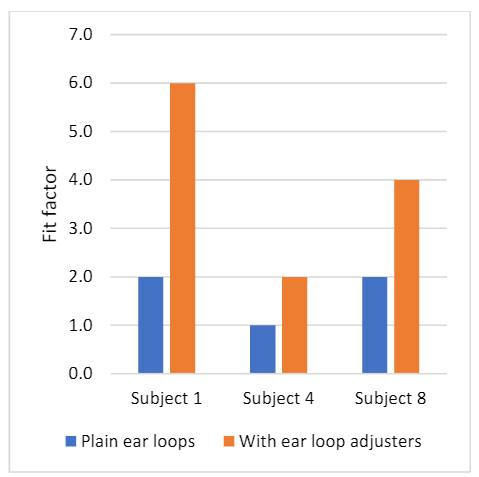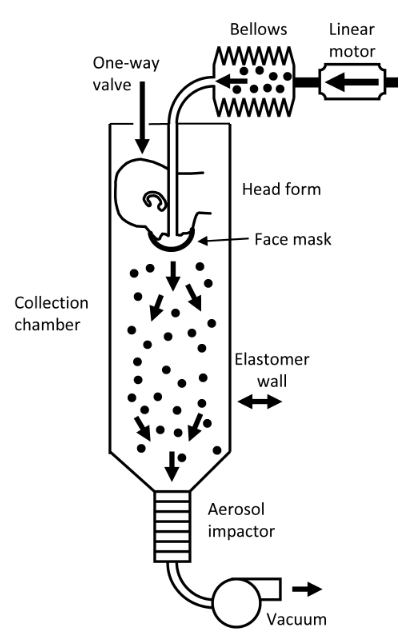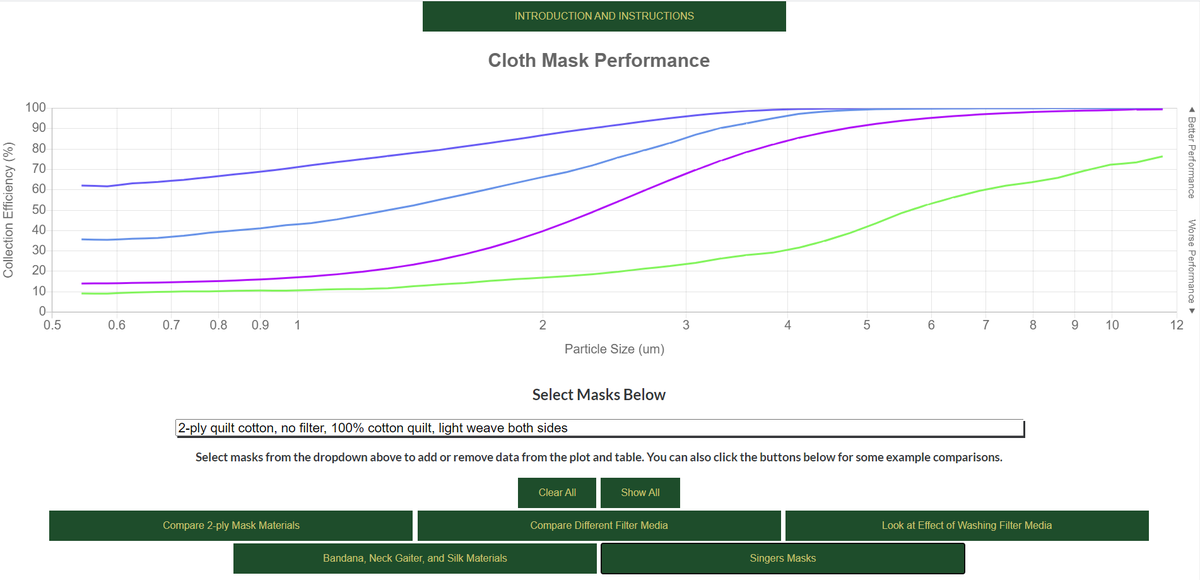
1/ Another good preprint on mask efficiency tests; from a @NIOSH group that knows aerosols.
Lindsley et al.: "A comparison of performance metrics for cloth face masks as source control devices for simulated cough and exhalation aerosols"
HT @linseymarr
medrxiv.org/content/10.110…
Lindsley et al.: "A comparison of performance metrics for cloth face masks as source control devices for simulated cough and exhalation aerosols"
HT @linseymarr
medrxiv.org/content/10.110…
2/ They explored a variety of respirators and masks. As expected, the collection efficiency of the N95 & surgical masks did very well. Masks with filters next, lowest filtration quality when only single-ply material used. 

3/ The "fit factor"/FF (higher = better) is also critical. Look at the difference between the N95 and surgical masks in terms of fit (left).
Also see how much fit factor increased when more tightly fitted (below on right w/ ear loop adjusters to make snug).

Also see how much fit factor increased when more tightly fitted (below on right w/ ear loop adjusters to make snug).


4/ This is the range of fit factor values for other masks (compare to 40-60 range for N95, where higher is better). 

5/ Results achieved by aerosolizing test particles through a manikin headform w/ mask inside their chamber, using aerosol size distributions as shown. 



6/ In any discussion of masks, remember:
FIRST: any mask is better than no mask & that message is just critical.
SECOND: wear a mask with the best quality of both fit & filtration.
Another 🧵 w/ links on that topic:
FIRST: any mask is better than no mask & that message is just critical.
SECOND: wear a mask with the best quality of both fit & filtration.
Another 🧵 w/ links on that topic:
https://twitter.com/HuffmanLabDU/status/1357816939670740992
• • •
Missing some Tweet in this thread? You can try to
force a refresh





